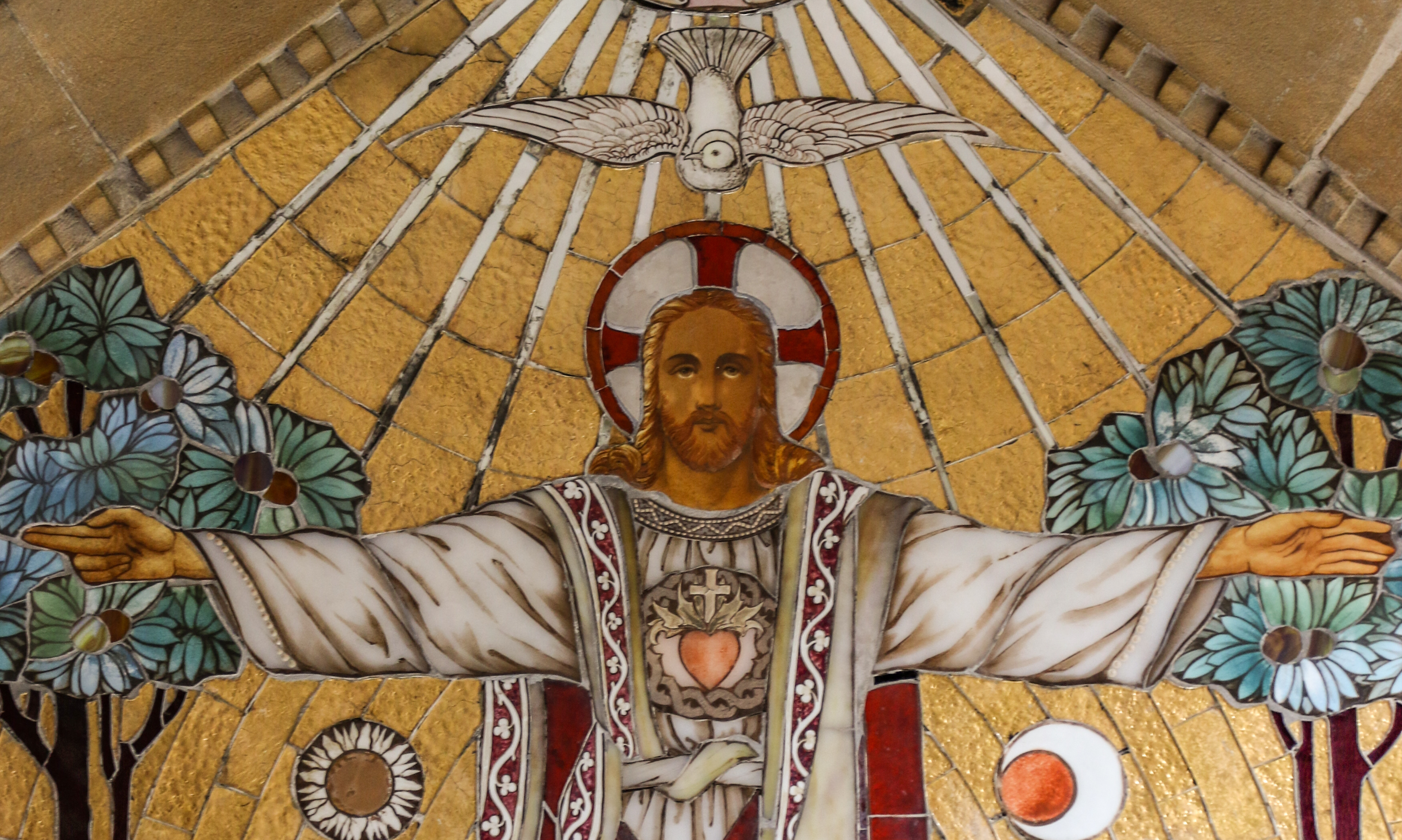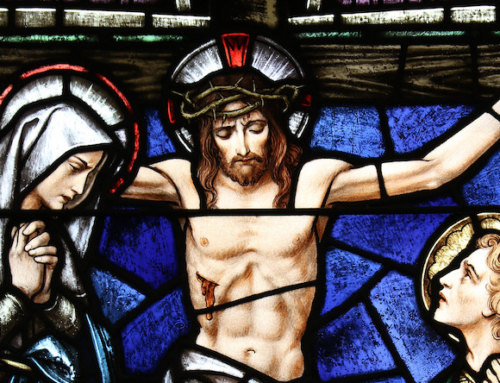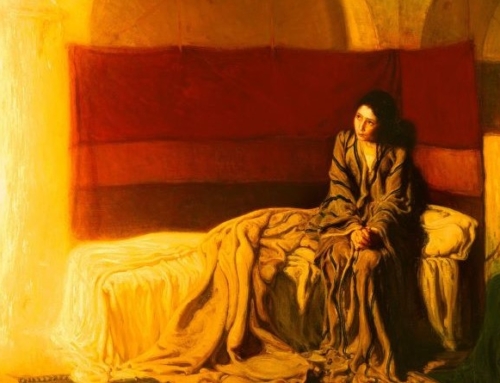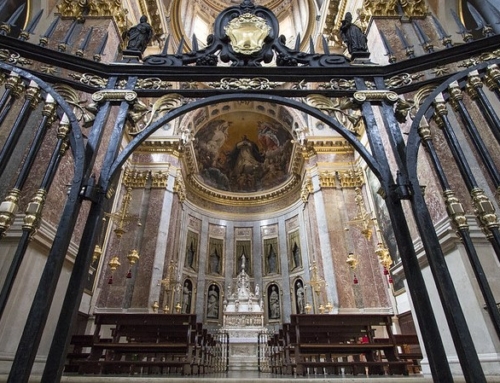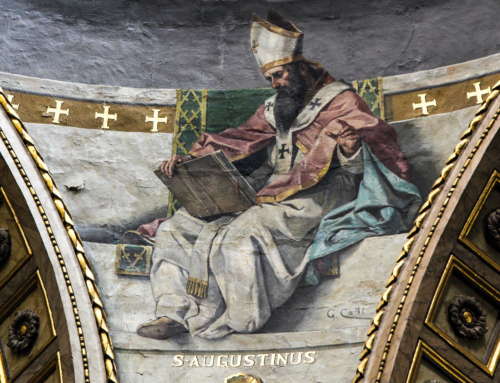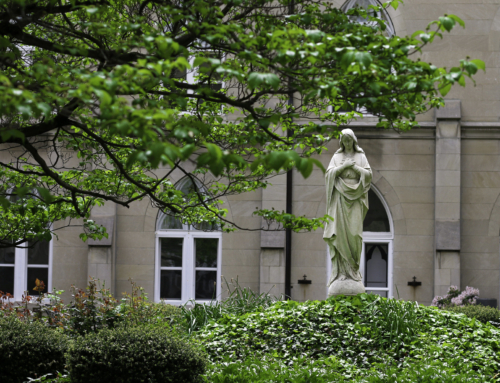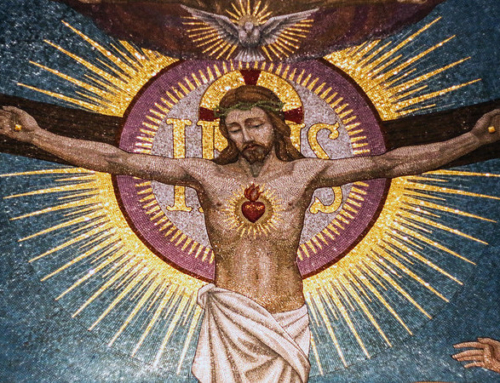What does it mean that we have been saved? What happened to us when we became Christian? There are many ways to speak about this, many important distinctions can be made, and many consequences can be fleshed out—but my favorite model or “image” of what happens is that of adoption. As St. John tells us, “See what great love the Father has lavished on us, that we should be called children of God! And that is what we are! (1 Jn 3:1).” What is adoption but a completely gratuitous gift of love, a “becoming part of the family?” This family is nothing less than the Mystical Body of Christ, which is a participation in the Holy Trinity.
Our membership in this family is not natural, not something owed to us, but it is nonetheless real and given to us in baptism by sanctifying grace. The Father sent his Son into the world that we might be sons “in the Son.” “But to all who received him, who believed in his name, he gave power to become children of God” (Jn 1:12).
When a child enters a family, it does so on terms that are not its own, hoping to receive a love and care that it cannot fully reciprocate. This sense of trust, born in wonder, has often been made a model of Christian life. It is rooted in the realization that we cannot provide for ourselves, our own needs, or own own protection. It can only come from the truth, lived out in our daily lives, that we have a Father in heaven who knows every hair on our head.
It doesn’t make sense by worldly standards, although there have been Christians who have tried to transpose worldly notions of self-sufficiency onto Christianity. The desire to grow in the spiritual life, to be “perfect as the heavenly Father is perfect” (Mt 5:48), can only come out of this childlike sense of dependency. Looking at Jesus, the Son of God, we see someone whose whole existence is caught up in a tender love for his Father, and whose only desire is to do the Father’s will. Our life in Christ, sharing in his sonship, cannot develop without this kind of love. Without its being rooted in filial love, any moral goal can quickly become a list of rules that leads nowhere. Family life has its rules and obligations but these are all accidental to a family’s center: love. We are adopted sons and daughters of the Father and we are called to act as his beloved sons and daughters.
The Christian moral life is really rooted in the dignity of being a part of God’s family. It is not so much a checklist as it is a new sense of honor and value. It is not so much a company code of conduct as a life lived like a son or daughter of God. All our talk about holiness can only come from a profound appreciation of what has been given to us in Christ, and our response to it. This is what it means to say that we have been saved: that we are now sons and daughters of God in Jesus Christ, and that we share in the life and grace of Jesus Christ.
✠
Photo by Fr. Lawrence Lew, O.P (used with permission)

